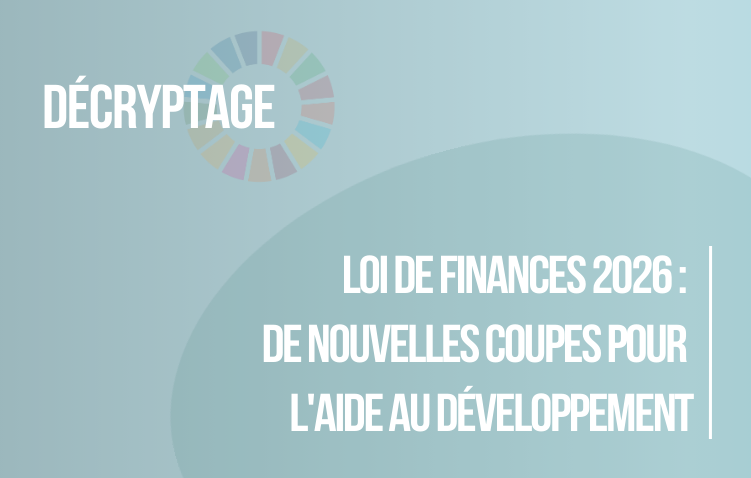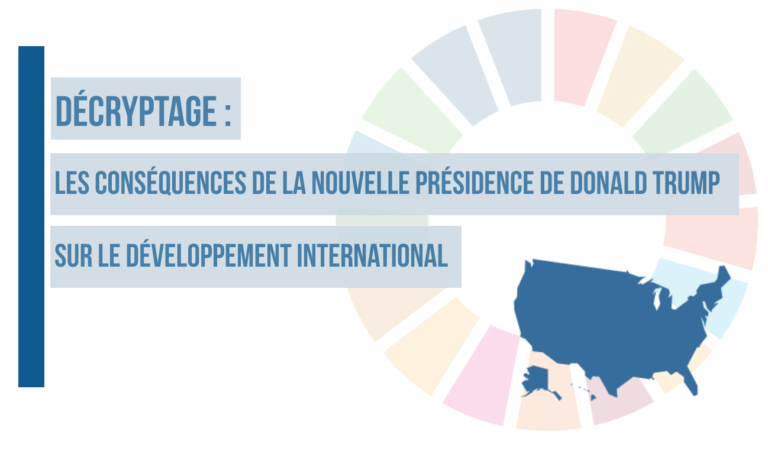Increase or decrease development aid? Evolution of opinions in France, Germany, the United Kingdom and the United States
Publié le 01/07/2025.
| In partnership with University College London (UCL) and Birmingham University, Focus 2030 is conducting a research-action program to analyze the perceptions, attitudes, behaviors and feelings of citizens on international solidarity issues in four countries: France, Germany, United States and United Kingdom.
This research programme Development Engagement Lab (DEL), aims at providing various actors in charge of development issues (NGOs, foundations, think-tanks, ministries, public institutions, international organizations) with data to enable them to better understand citizens’ expectations while they implement their communication, mobilization and advocacy activities. Within the DEL project, the same 10 question survey is conducted three times a year in order to measure how much opinions evolve about official development assistance (ODA) in the four DEL countries. |
When measuring respondents’ opinions on whether official development assistance (ODA) should be increased, maintained, or decreased in the four countries surveyed by the DEL research project, we note that since 2019, French people are more likely than the Germans and British to expect from their governments an increase of the amount of money allocated to ODA in order to support development in the poorest countries. Although, French support is progressively getting lower since october 2023.
While support for ODA has eroded among French respondents since October 2023, there has been a decrease in those who support an increase of ODA (-5 points) between January 2025 and June 2025.
Responses collected in the USA and Germany since 2019 show a dynamic of opinions willing to decrease ODA. This decline is particularly visible among German respondents between June 2023 (22%) and June 2025 (14%), i.e. -8 points in two years.
After growing progressively between 2019 and January 2022, support for ODA in the UK gradually declines close to its initial level measured in 2019 (15%).
After six months of the Trump administration, which gave rise to the withdrawn of USAID, the proportion of Americans in favor of an increase of international aid rose from 21% in January 2025 to 24% in June 2025 (+4%).
| This data comes from our survey conducted by the YouGov Institute and piloted by the research team at University College London and the University of Birmingham as part of the project Development Engagement Lab which measures the evolution of opinions and behaviors on issues of international solidarity in four countries. |











